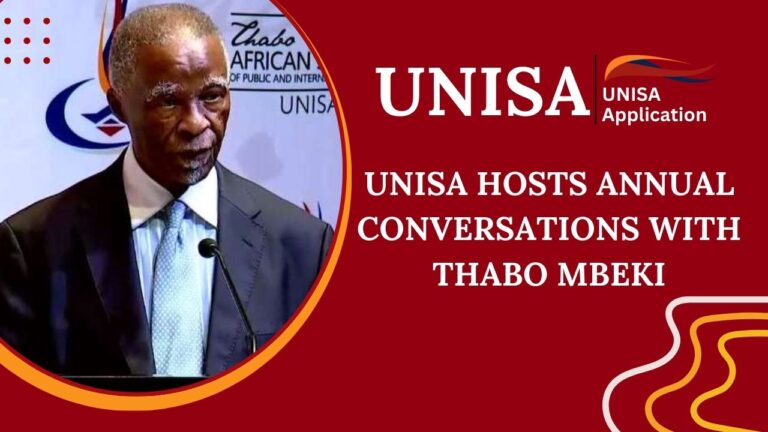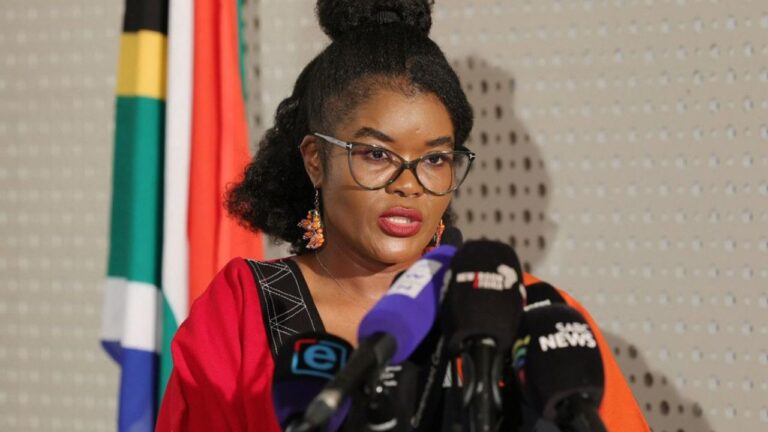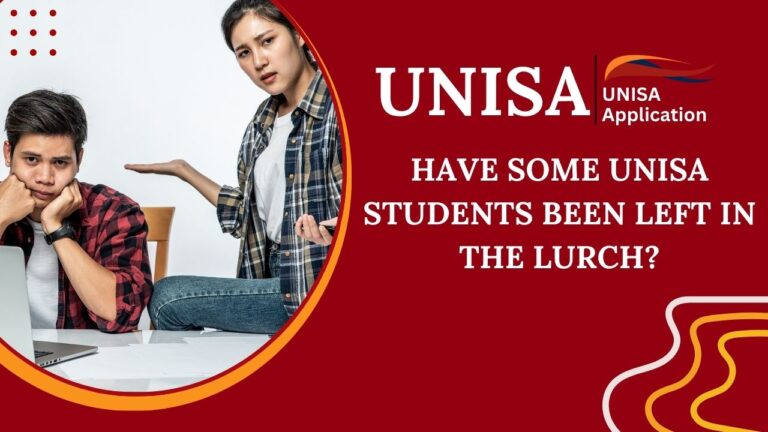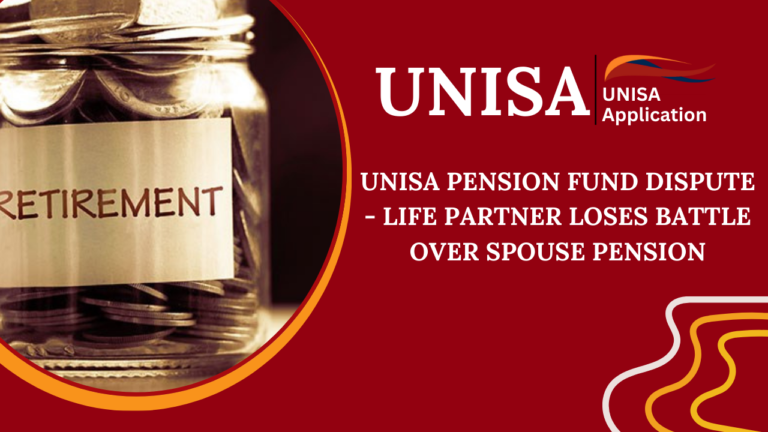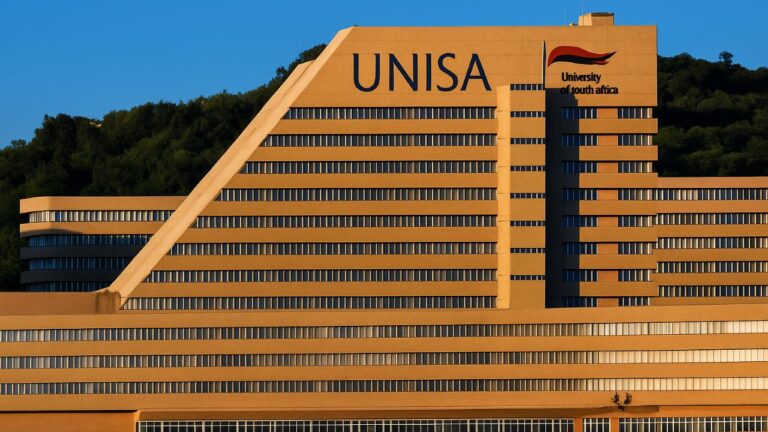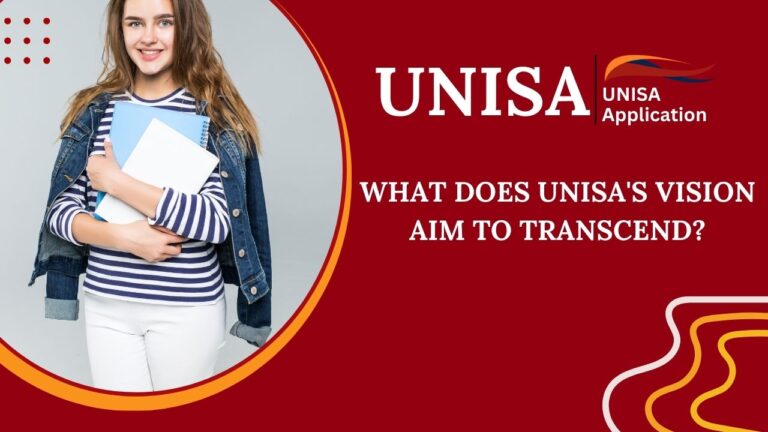Ramaphosa Prioritizes Water Crisis in SONA Speech – UNISA Professor Discusses Plans
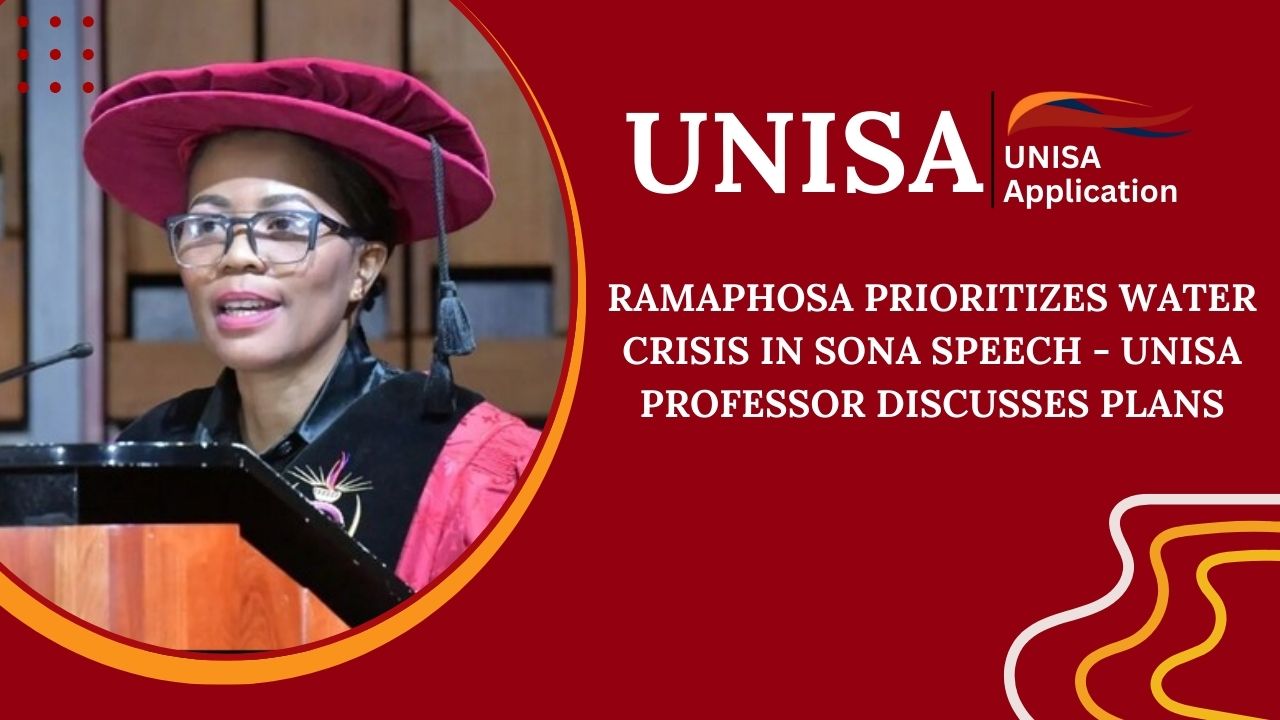
Ramaphosa Prioritizes Water Crisis in SONA Speech – UNISA Professor Discusses Plans. South Africa’s water crisis has taken center stage in the national discourse, with President Cyril Ramaphosa emphasizing its urgency in his 2024 State of the Nation Address (SONA).
Speaking at Cape Town City Hall on 6 February, the president acknowledged the growing water challenges facing the nation and outlined the government’s commitment to ensuring a secure and reliable water supply for all citizens. This comes at a time when water scarcity and infrastructure failures are affecting communities across urban and rural areas alike.
Government’s Commitment to Tackling Water Woes
In his address, President Ramaphosa compared the severity of South Africa’s water crisis to the nation’s struggles with power supply, stating that water issues would now receive the same level of urgency as loadshedding mitigation efforts.
“Many people in our cities, towns and villages are experiencing more frequent water shortages due to failing water infrastructure. It is impossible to live without water, and it is impossible for the economy to grow without water,” Ramaphosa stated.
To address this crisis, the government has secured R23 billion through the Infrastructure Fund to finance seven large-scale water infrastructure projects. These projects aim to improve water distribution systems, repair ageing infrastructure, and expand access to safe and sustainable water sources nationwide. Furthermore, the government has pledged to invest over R940 billion in infrastructure over the next three years, with a significant portion dedicated to the water sector.
UNISA Professor on Ramaphosa’s Water Strategy
Following the president’s address, Professor Richard Meissner from the University of South Africa (UNISA) provided his insights on the government’s water security plans. Speaking exclusively to Briefly News, Prof Meissner expressed that the emphasis on water was expected, particularly in the lead-up to the May 2024 elections. He noted that several political parties had included water security in their election manifestos, recognising it as a key issue for voters.
While infrastructure development has long been a government priority, Prof Meissner acknowledged that securing R23 billion was a positive step towards implementation. However, he also highlighted some of the persistent challenges that municipalities face, particularly in ensuring efficient water service delivery.
Challenges in Water Distribution and Non-Payment Culture
Despite sufficient water resources in rivers and reservoirs, many South Africans continue to experience shortages due to systemic distribution challenges. Prof Meissner pointed out that local governments, responsible for providing water services, often struggle due to poor financial management and non-payment of water bills by consumers.
“There is a culture of non-payment for water services, with many consumers illegally connected to the system. This places immense strain on municipalities, making it difficult to maintain and upgrade infrastructure while still meeting financial obligations to water boards,” he explained.
This financial strain has resulted in significant municipal debt to water boards, with some municipalities failing to pay for water supply services altogether. For instance, the Matjhabeng Local Municipality owes the Vaal Central Water Board approximately R7.2 billion as of November 2024. Similarly, Thabazimbi Local Municipality is facing financial trouble with a debt of around R198 million to the Magalies Water Board as of June 2024.
To address this, the Portfolio Committee on Water and Sanitation has proposed withholding equitable shares from defaulting municipalities to prevent water boards from facing bankruptcy. Some municipalities can afford to settle their debts but fail to do so, while others struggle due to a limited or economically disadvantaged ratepayer base.
Urban vs Rural Water Access
Prof Meissner further stressed the need for a balanced approach in tackling the water crisis, acknowledging that urban areas often receive more attention due to their high population density. However, rural communities remain at risk of inadequate access to clean water.
“In deep rural areas, people often rely on their own water sources without any assistance from the government. It is important to recognise that not all regions can be reached through formal government projects. A combined effort from national, provincial, and municipal authorities is necessary to ensure equitable water access,” he noted.
While some regions face critical water shortages, Prof Meissner argued that the situation does not constitute a full-blown water crisis across the country. Instead, the challenges are localised, requiring targeted interventions.
Water Expert Warns of a Looming ‘Day Zero’
Water scarcity in South Africa is a growing concern, with many regions already experiencing severe water restrictions. Environmental experts warn that mismanagement, climate change, and increasing demand could lead to a ‘Day Zero’ scenario if urgent action is not taken.
Kate Stubbs from Interwaste has highlighted the severity of the situation and called on South Africans to adopt water-saving measures. Public awareness campaigns, improved municipal governance, and investments in alternative water sources such as desalination and groundwater extraction are essential to preventing further crisis.
Conclusion
With President Ramaphosa’s renewed focus on water security, South Africa is poised to take decisive steps to address the country’s growing water crisis. While significant funding and infrastructure projects are being rolled out, the success of these initiatives will depend on efficient governance, financial accountability, and public cooperation.

